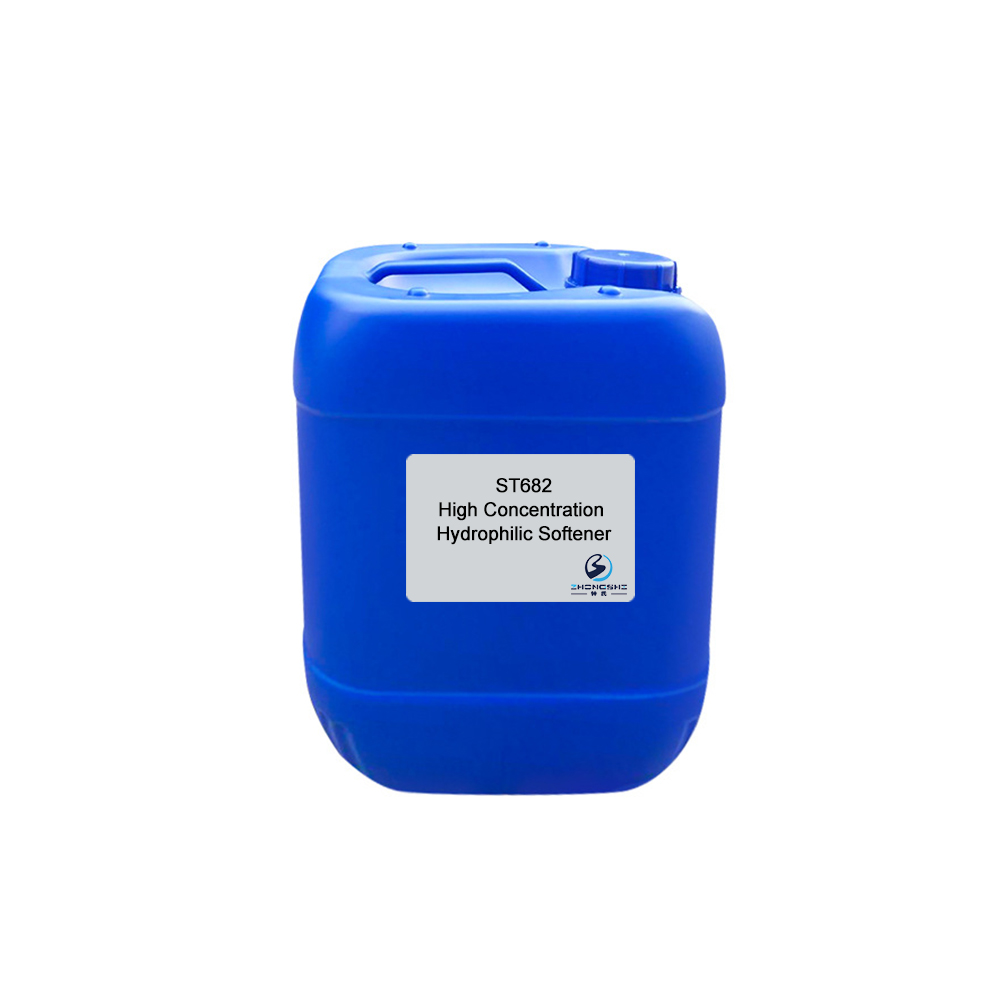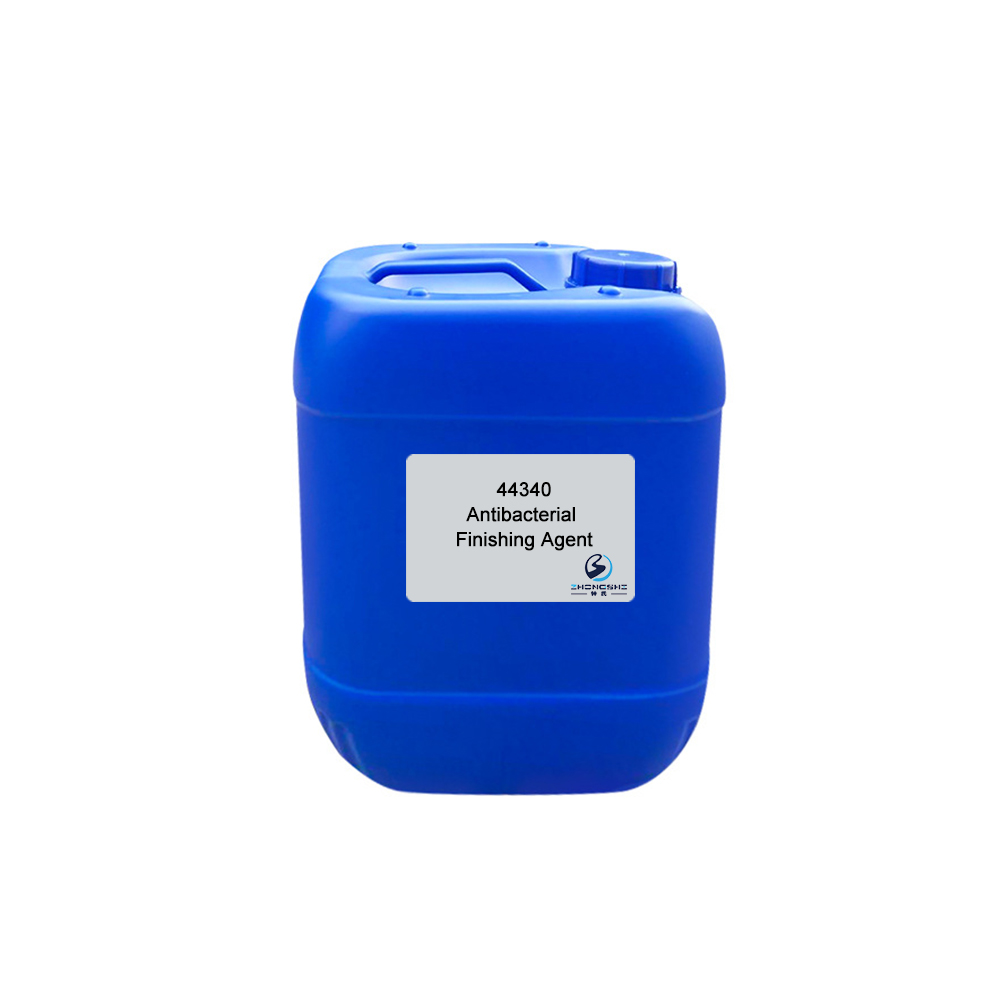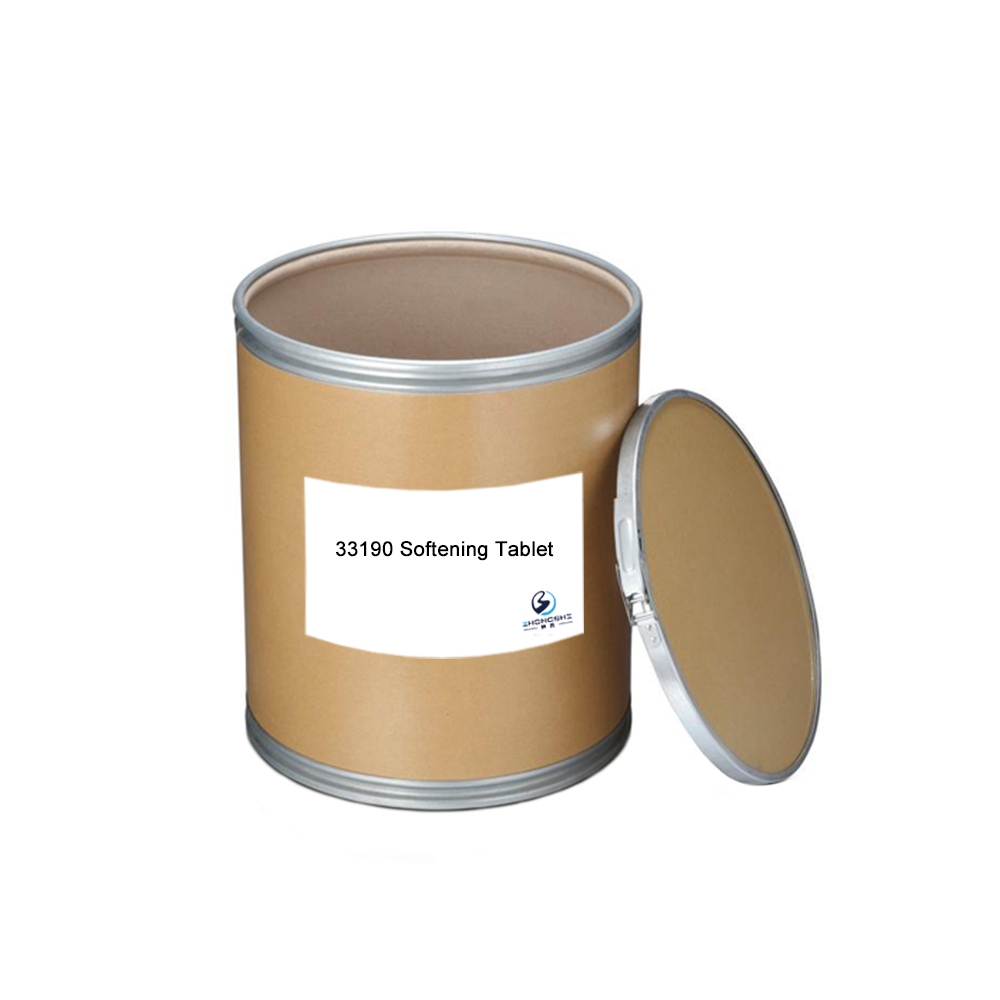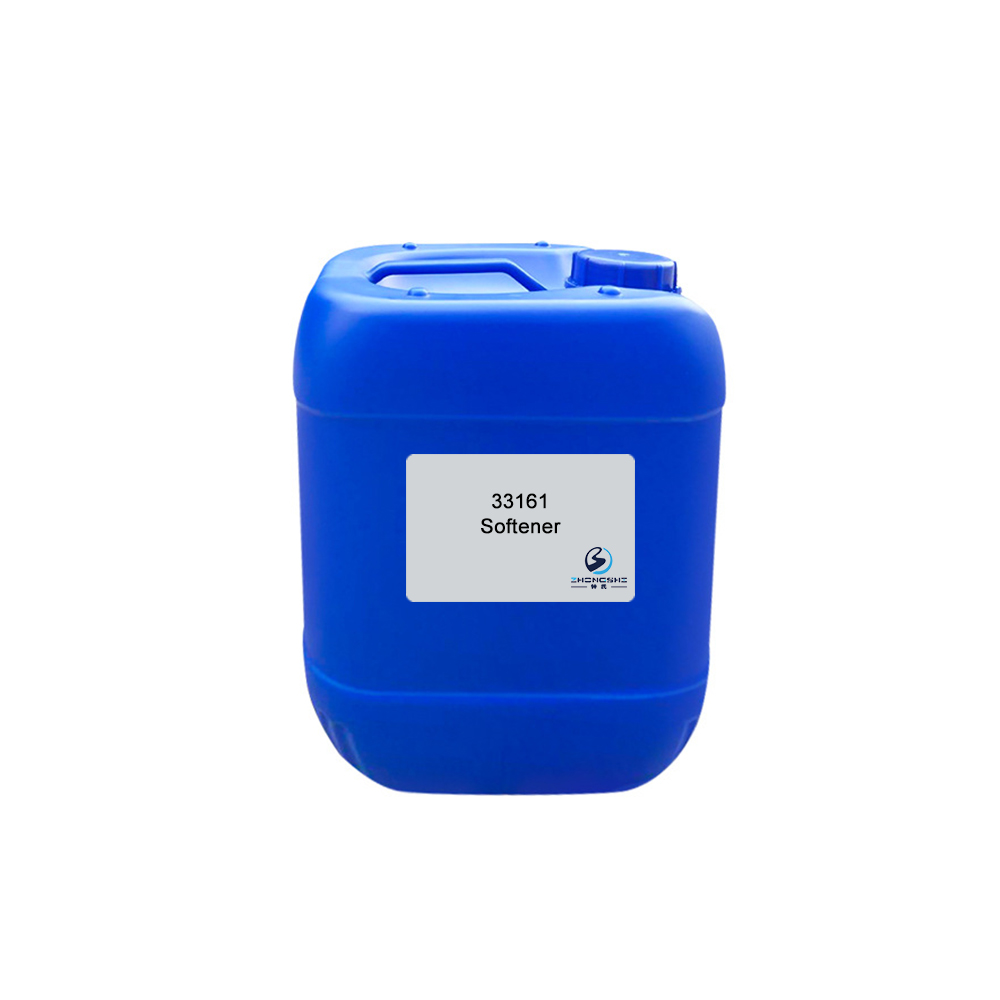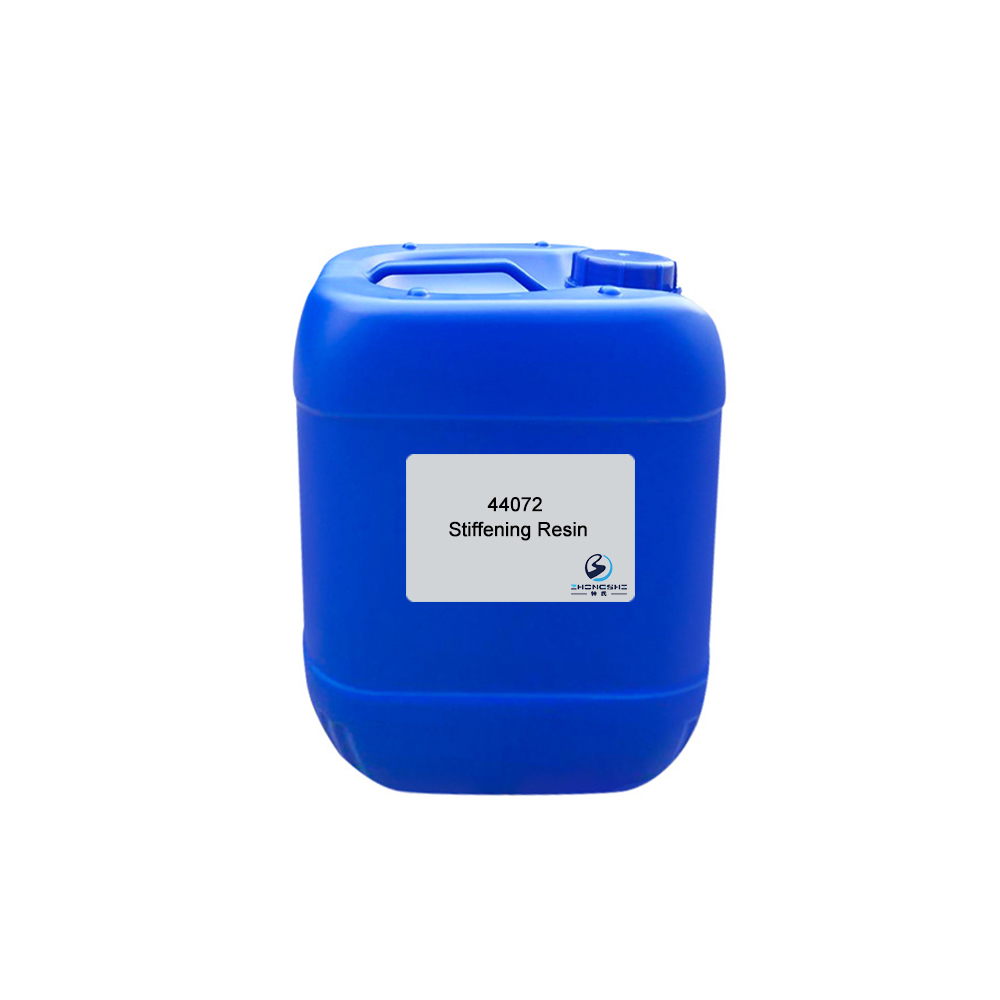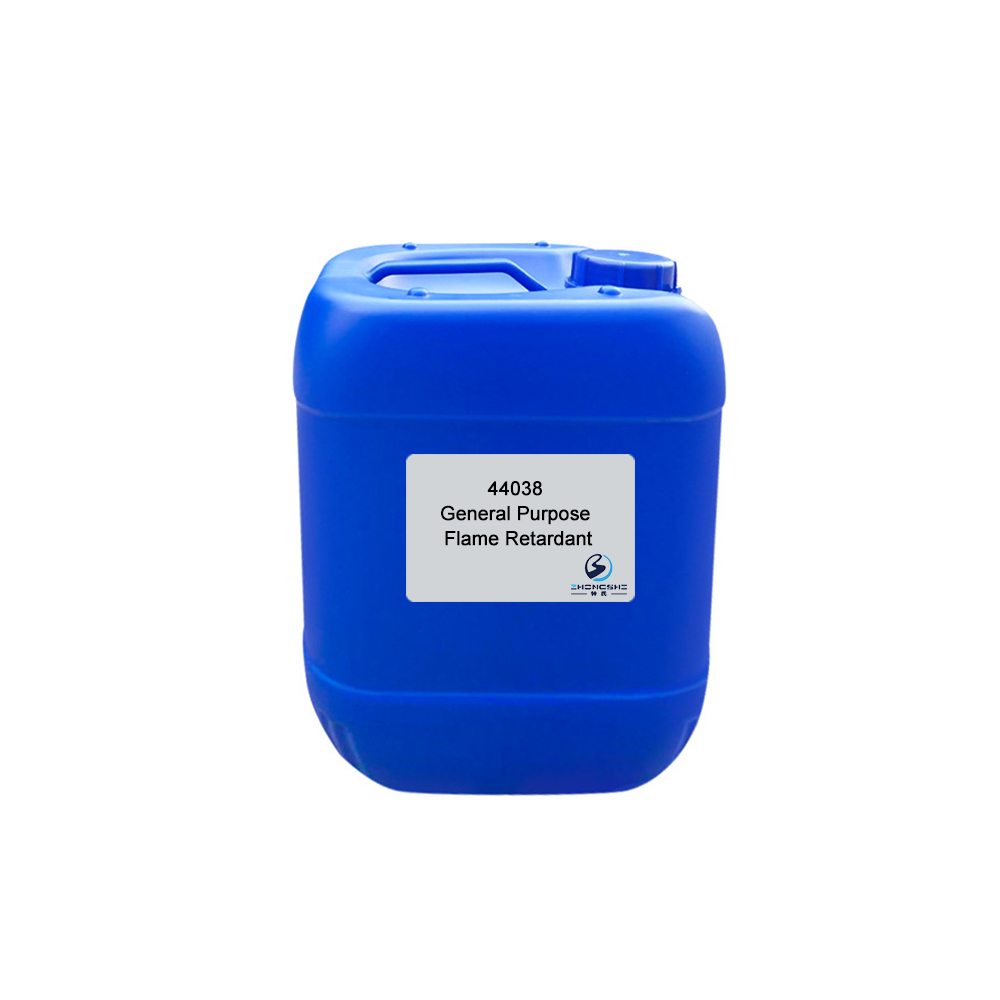Quality Inspection for Nylon Soaping Agent - 24074 Whitening Powder (Suitable for cotton) – Innovative
Quality Inspection for Nylon Soaping Agent - 24074 Whitening Powder (Suitable for cotton) – Innovative Detail:
Features & Benefits
- Suitable to use in bleaching and whitening process in same bath.
- High whiteness and strong fluorescence.
- Wide range of dyeing temperature.
- Stable performance in hydrogen peroxide.
- Strong property of high temperature yellowing resistance.
- A small dosage can achieve excellent effects.
Typical Properties
| Appearance: | Off-white to light yellow powder |
| Ionicity: | Anionic |
| pH value: | 7.0±1.0 (1% aqueous solution) |
| Solubility: | Soluble in water |
| Application: | Cellulosic fibers, as cotton, flax, viscose fiber, Modal wool and silk, etc. and their blends |
Package
50kg cardboard drum & customized package available for selection
TIPS:
About finishing
Any operation for improving the appearance or usefulness of a fabric after it leaves the loom or knitting machine can be considered a finishing step. Finishing is the last step in fabric manufacturing and is when the final fabric properties are developed.
The term ‘finishing’, in its widest sense, covers all processes which fabrics undergo after their manufacture in looms or knitted machines. However, in a more restricted sense, it is the third and final stage of processing after bleaching and dyeing. Even this definition does not hold well in some cases where the fabric is not bleached and/ or dyed. A simple definition of finishing is the sequence of operations, other than scouring, bleaching and coloration, to which the fabrics are subjected after leaving the loom or knitting machine. Most finishes are applied to woven, nonwoven and knit fabrics. But finishing is also done in yarn form (e.g., silicone finishing on sewing yarn) or garment form. Finishing is mostly done in fabric form rather than in yarn form. However, sewing threads made from mercerized cotton, linen and their blends with synthetic fibers as well as some silk yarns require finishing in yarn form.
A fabric’s finish can be either chemicals that change the fabric’s aesthetic and/or physical properties or changes in texture or surface characteristics brought about by physically manipulating the fabric with mechanical devices; it can also be a combination of the two.
Textile finishing gives a textile its final commercial character with regard to appearance, shine, handle, drape, fullness, usability, etc. Nearly all textiles are finished. When finishing takes place in a wet state, it is called wet finishing, and while finishing in a dry state, it is called dry finishing. The finishing auxiliaries are applied using finishing machines, padders or mangles with one- or two-sided action or by impregnation or exhaustion. Altering the composition, rheology and viscosity of the finish applied can vary effects.
Product detail pictures:
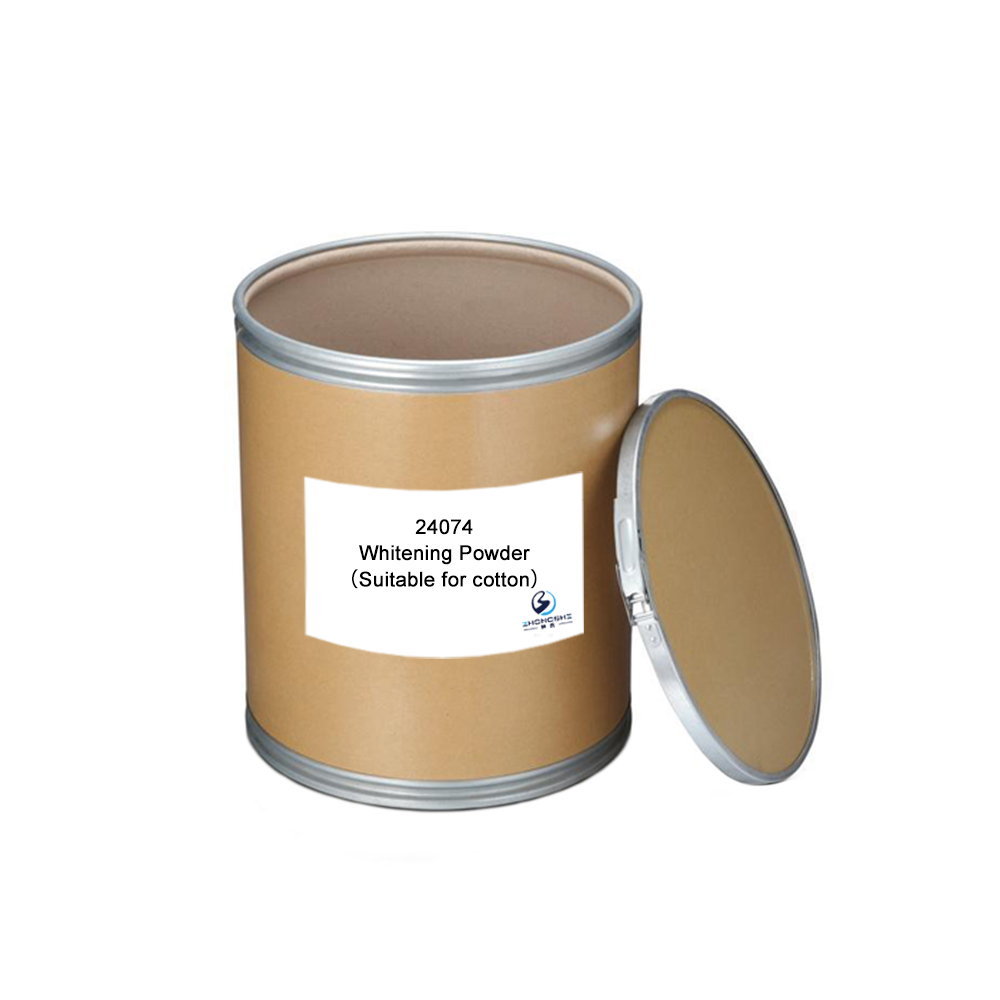
Related Product Guide:
Dyeing auxiliaries mainly include leveling agent, soaping agent, fixing agent, dispersing agent, resist agent and anti-migration agent, etc. Quality Inspection for Nylon Soaping Agent - 24074 Whitening Powder (Suitable for cotton) – Innovative , The product will supply to all over the world, such as: Mexico, Myanmar, Grenada, Silicone Softener 70706 is weak cationic and light yellow to colorless transparent liquid. It is soluble in water. Silicone Softener 70706 is suitable for cellulose fiber and synthetic fiber and especially suitable for nap fabrics of polyester/ spandex, nylon and flannel, etc. Silicone Softener 70706 can make fabrics soft, plump and smooth. It can improve hand feeling and performance of textile. It has high stability and high flexibility. It is of low yellowing and low shade changing. It has good compatibility and can be used directly in dyeing bath.
The after-sale warranty service is timely and thoughtful, encounter problems can be resolved very quickly, we feel reliable and secure.


